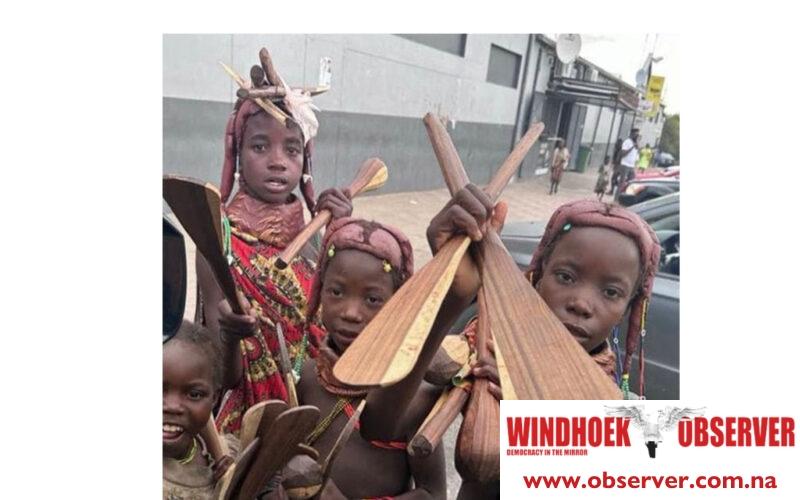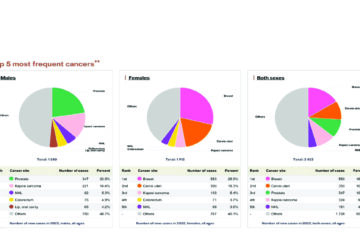Niël Terblanché
Calm has returned to the Ondangwa National Youth Centre after a tense situation involving a group of 73 Angolan nationals, primarily women and children.
These individuals, who are part of a semi-nomadic tribe related to the Ovihamba in Namibia have been displaced by severe drought conditions in Angola and since last week have been staying at the centre, managed by Namibia’s National Youth Service.
Deputy Minister of Home Affairs, Immigration, Safety, and Security, Lucia Witbooi, addressed the group, which led to their decision to start leaving the centre.
Security officials were prompted to lock the gates of the centre to prevent the group from leaving, but the situation was resolved without incident.
The Angolan nationals were detained at the centre due to the lack of required permits to be in Namibia.
Witbooi disclosed that the Namibian government has spent N$2.3 million on renovating and maintaining the National Youth Service Centre to ensure it meets essential living standards, including functional bathrooms, water supply, and proper bedding.
Security measures such as fencing and the deployment of security guards, as well as the provision of three meals a day, were also implemented.
“The government’s primary goal was to provide a safe and comfortable environment for these displaced individuals, particularly the children, as we await confirmation from the Angolan government to begin the repatriation process,” Witbooi stated.
The government prepared the centre before gathering the Angolan nationals from various regions, including Oshana, Oshikoto, Ohangwena, Khomas, and Erongo, with the assistance of the Angolan Embassy and the Ministry of Gender Equality, Poverty Eradication, and Social Welfare.
Witbooi said that this process involved identifying, verifying, and classifying the individuals.
Despite the government’s efforts, many of the Angolan nationals have expressed their desire not to stay at the camp or receive assistance from either the Namibian or Angolan governments.
The issue of children selling curios on the streets of Namibia’s major economic centres had previously attracted significant public attention.
In September last year, Windhoek-based lawyer, Kadhila Amoomo, highlighted the situation in a letter to President Nangolo Mbumba, describing it as a “child labour crisis.”
Amoomo’s letter stressed the violation of children’s rights and called for immediate government action to protect them from physical harm, exploitation, and psychological trauma.
At the time, the Minister of Gender Equality, Poverty Eradication, and Social Welfare, Doreen Sioka, promised to address the issue in Parliament.
The return to calm at the Ondangwa centre is a positive step, but the situation highlights the ongoing challenges in addressing the needs and rights of displaced individuals and vulnerable people.
Witbooi at the start of this week, said the government will continue with its efforts to provide shelter, education, and basic necessities remain crucial as the repatriation process unfolds.




